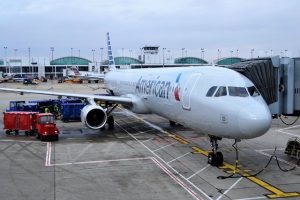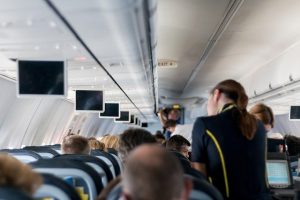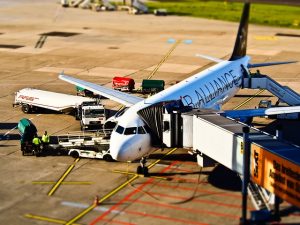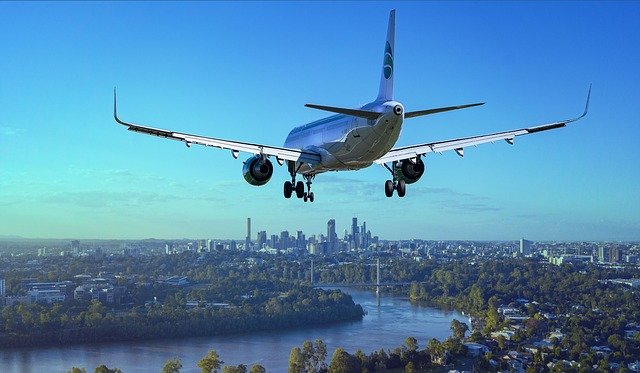
I know everyone is excited to travel again.
Right now, most countries have banned Americans because of the coronavirus, except the Caribbean and a couple other countries.
A lot of people are doing road trips or National Parks.
People are even back to flying in the United States.
That is all your personal preferences though.
I hope everyone stays safe.
As you know, I don’t believe in spending a lot of money on travel.
People follow points and miles blogs, like this one, to get to their next free trip.
I have heard it is even controversial to mention “free travel.”
Travel is not free, but with everything out there like points & miles, $15 flights, free hotels, you can spend little on travel.
Of course, it does take time to learn how to make things as close to free as possible.
I find that you can not only spend little money on travel, you can also upgrade your experience.
Without points and miles, maybe hotels like the Ritz Carlton or Waldorf Astoria would be a big deal.
Again, I don’t spend a lot on travel, and my preferred chains are Hilton and Marriott.
Since I am always talking about not spending money on travel, I wanted to compile a list of concrete things that got me either free travel or close to it in the past.
Many people are not aware of all the tactics that can be used.
Most people still think travel is expensive.
There simply is no reason to spend on travel today with the many ways to save money or get something completely free.
7 Ways I Spent Little or Nothing on Travel In The Past
1. Credit card sign-up bonuses
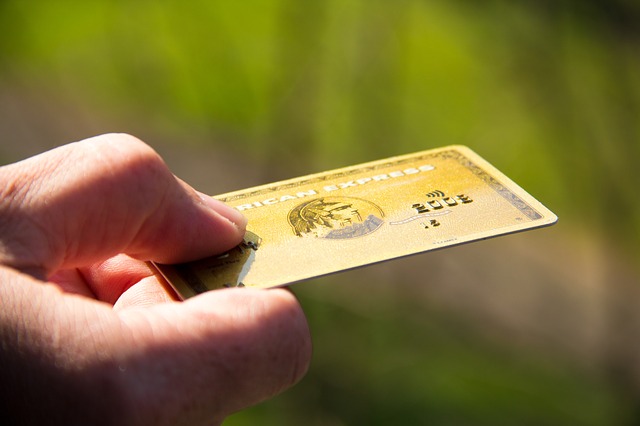
I know you get tired of hearing this one, but credit card sign-up bonuses are the number #1 way to get to your next free trip.
As long as you have a high credit score and can pay your balance in full each month, you can get free travel.
For example, the American Express Delta Gold credit card will get you 70,000 Delta Skymiles at it highest sign up throughout the year.
Where will 70,000 Delta Skymiles take you?
- A round trip ticket to most countries in Europe (the average costs 60,000 Skymiles)
- A round trip ticket to most places in Asia
- A round trip ticket to Hawaii with enough points left over for a round trip ticket in the United States
- 2 round trip tickets to anywhere in the United States, Canada, the Caribbean, and Mexico
- A round trip ticket to South America
So, again credit card sign-up bonuses get you to your next free trip.
A good strategy is to apply for two to three new cards a couple times a year.
Make sure you understand bank rules though.
People have been shutdown.
2. Putting spend on credit cards
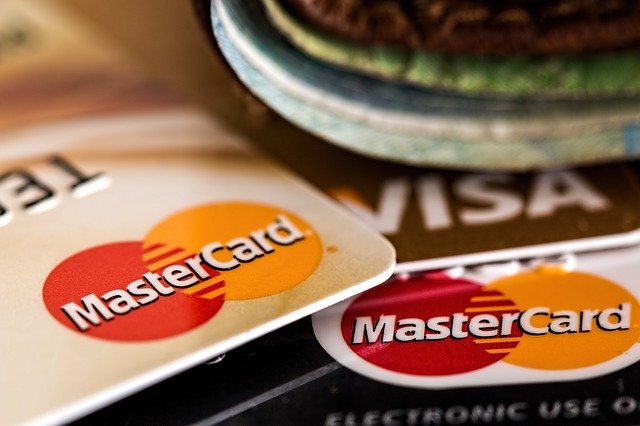
Next, putting my everyday spending on credit cards has gotten me to my next free trip.
If you were to put $2000 a month in everyday expenses on a card like the Chase Sapphire Preferred, even at 1 point per dollar (the card gives 2 points per dollar for dining out and travel), you would have 24,000 points by the end of the year.
That is enough for a free flight every year.
That is not as good as you can do either.
With the new Chase Freedom Flex and Freedom Unlimited offering five points for travel through the Chase portal, three points on dining out, and three points at drug stores, you would do better than that.
It is best to maximize every category instead of just getting one point per dollar.
Where will you get this $2000 per month?
You just use your every expenses like:
- Groceries average person spends: $200-$500 per month
- Gas: $200 per month
- Car insurance: $120
- Cable/internet: $200
- Cell phone: $100
- Dining out: $300
- Total: $1120-$1420
This is not all of the average person’s expenses, so you can see how most people can probably put $2000 per month on their credit cards.
There are services that let you put your mortgage or rent on a credit card too.
The fee is 2-3%, so it is usually worth it when you are going for sign up bonus.
You can do the math to see if it is worthwhile at other times.
Sometimes, the fee is waived.
3. Discount award tickets
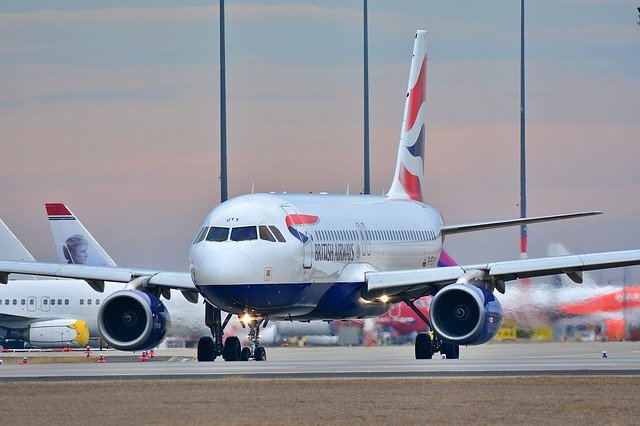
Of course, you can grab a $15 flight sale.
I have not done those yet, but I will in the future.
Most of those are on low cost carriers (which don’t fly to where I live) or don’t occur from my home airport.
Point’s sales are the next thing I used to get to my next free trip.
For instance, one year I went to both Toronto and Montreal on Delta with points from the Delta Gold credit card.
This was when I first started with points and miles, and I did not know what I was doing.
I knew enough to get a discounted ticket on Delta to Toronto though.
Honestly, though Canada was nice, I could have went to Europe with the sign up bonus on that card.
Instead, I got two tickets, one to Canada and one to New York City.
I will write a post about why you should prioritize international travel later.
By international, I mean across an ocean.
In any case, Delta usually charges 12,000-15,000 for each way to Canada.
I paid only 7500 miles to Toronto.
So, be on the lookout for point’s sales like the current 5000 miles sale at American Airlines.
Points are like money.
You never want to spend more than you have too.
4. Hotel loyalty programs
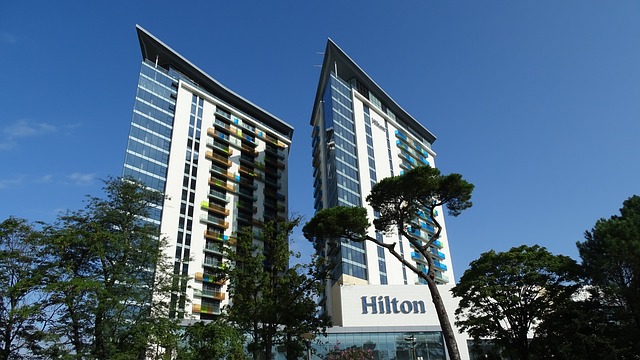
Before COVID-19, hotels and airlines were at height profit.
With such profit, there were points and miles everywhere (or at least that is the way it looked).
If you join a hotel loyalty program and know all the tricks and tips, you can get a lot of free stays. .
RELATED: Get A Free Hotel Stay: Sweet Spots In The Major Hotel Loyalty Programs
In the past, using Marriott category 1 hotels, I was able to get a free hotel after every two to three stays.
Let me explain.
Marriott category 1 hotels are 7500 points off peak and 5000 points off peak.
By being a Marriott loyalty member, you get 10 points per dollar you spend before taxes, so spending $100 would get you 1000 points…
You also get points for elite status and promotions.
As a Silver Member (free with credit card), you would get an extra 2 points.
So, that is 12 points per dollar.
With the latest promotion, you get 2500 points, so already you almost have your first free stay at a category 1 hotel that starts at 5000 points.
You won’t find Marriott category 1 hotels in the center of major cities, but you can find them in any suburb.
Since a category 1 hotel is still around $150 after taxes, you are still getting a bargain.
Most of my stays with Marriott are with their upscale Marriott and Westin brands.
With hotels, just keep in mind that you are rewarded for spending money. .
This is why I want to resell later.
I will explain later in the post.
Make sure to throw in aspirational properties like a Waldorf Astoria or Ritz Carlton too.
What is the point of points if you can’t get an aspirational hotel for free very now and then?
So, hotel loyalty programs have definitely gotten me a large part of my free travel.
Again, hotel loyalty programs reward you for spending money, so don’t overspend.
Make sure to sign up for promotions each quarter.
5. Having A budget
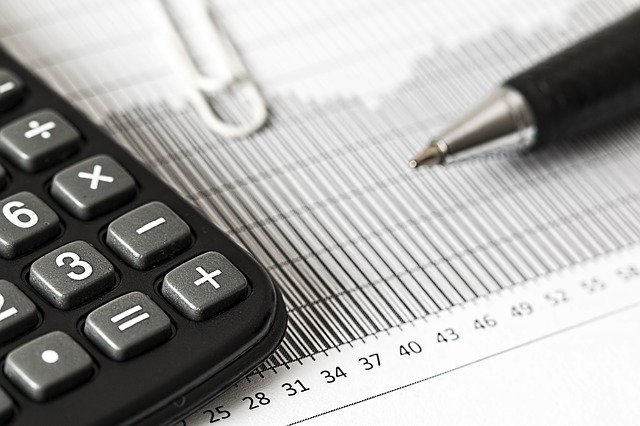
In the past, I traveled for a little more than the average person’s dining out budget.
The average person spends $300 per month on dining out.
I spent just a little bit more than that, around $500 a month.
This may seem like a lot to some for someone into free travel, but it is actually very small budget to travel monthly if you cut something like dining out.
.
That worked pretty well when combined with free flights and hotels.
I like to travel frequently too though.
That was years ago though.
In the present, I don’t believe in spending that much with all that I know.
In the present, when I cut dining out, I prefer to put it to my bigger financial goals.
You can check out my other blog about personal finance and saving money, Adding Pennies.
It will show you how to put some extra money in your pocket.
Again, if you are not spending money on travel, you can be putting money toward bigger financial goals like retirement, kid’s college, or debt repayment.
I want to be debt free, so my money will go toward that
You can read this post here about other things you can cut to travel more.
In order to do this, you must first start with a realistic budget.
Since $500 a month worked so well for me in the past, that is my current budget.
That is $6000 a year.
People can spend anywhere from $50 per month to $18,000 a year.
The difference in the present is that I plan to cover my $500 per month budget by reselling and spending nothing on travel at all.
Reselling is popular in the points and miles community.
You see you could have that budget by cutting something like dining out.
Regardless of what you do, you must start with a realistic budget, and stick to it.
Even though I plan to spend nothing on travel as a reseller, I still have a budget
6. Scrapping Things like Dining Out

Again, you can cut expenses like dining out.
I like cutting expenses for my other financial goals again.
If there are things in your budget you can cut, then that is great.
Here is a list of possible things you can cut:
- lunch
- dining out in general
- coffee
- cable
- junk food
- alcohol
- entertainment
- landline phone
- transportation
Here is the full post here.
Of course, if you just want one to two vacations a year, you can probably do that with just points and miles.
7. Budget techniques
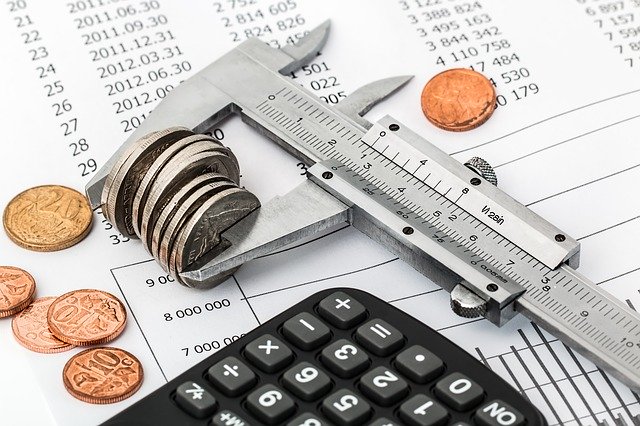
Before Covid-19, I took a trip to Nashville.
This was just a road trip.
I live two hours away in the Huntsville, Alabama area.
Since I believe in spending as little as possible on travel, this was just a day trip with no hotel.
Sometimes, I stay at a hotel.
Day trips are just another tactic to save money.
Other tactics include staying in the suburbs, driving instead of flying, using budget airlines, choosing off peak travel dates, etc.
What I Plan To Do In The Future
As I said earlier, I plan to resell in the future.
Because of the pandemic, I have not started.
Again, reselling is popular in the points and miles community.
Of course, reselling is a trade off of time for money,.
I plan to make a profit of $500 per month to cover my travel budget.
I think that is a good estimate and see people making close to $1000.
I plan to allocate about 5 hours a week.
Again, this works for me, but it might not work for everyone.
So, by giving up five hours a week, I will have a $500 monthly travel budget.
Again, that will cover my travel budget.
We will see how it goes.
I am no expert on this, since I will just be starting.
You can google “reselling for points” if you want to learn more.
This also gets you more points.
Summary
I don’t believe in spending a lot of money (if any) on travel.
I don’t think you should either.
That is the mission of this blog.
In this day and age, unless something changes after COVID-19, you don’t have to spend a lot of money on travel.
I talk a lot about “free” travel and wanted to give you concrete examples you could apply to your own travel strategy.
I hope this was helpful.
